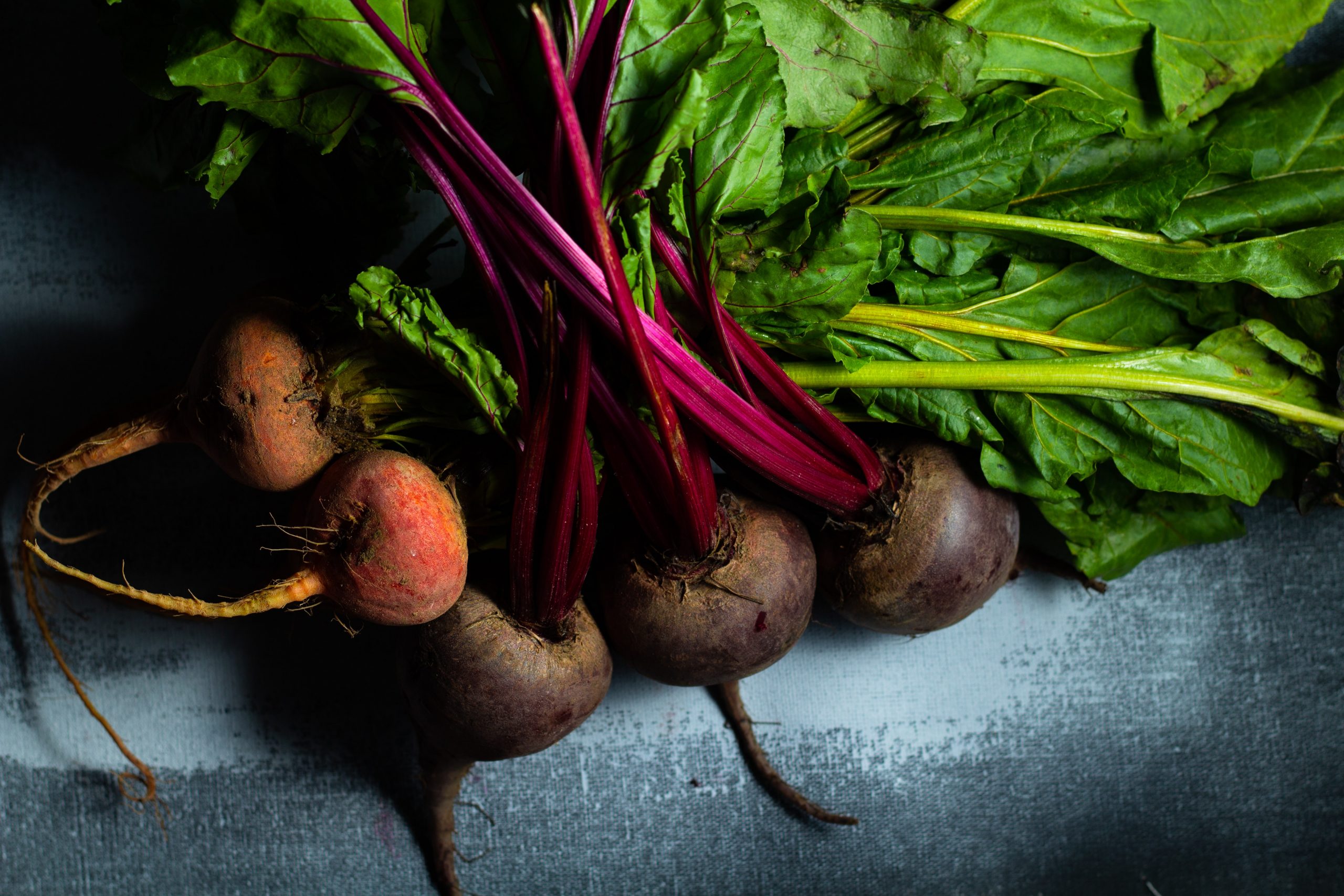Digestive Disorders
Managing Digestive & GI Disorders
What are six of the most common gastrointestinal problems?
- Heartburn, Gastroesophageal Reflux Disease (GERD).
- Chronic Diarrhea.
- Chronic Constipation.
- Gastroenteritis (inflammation in the lining of the stomach).
- Ulcers.
- Hemorrhoids.

Foods That Can Disrupt Digestion
Many of the everyday foods that we know and love can still contribute to digestive distress. Some of these foods are good for us, yet they can be the cause of upset when we suffer from digestive issues. They can include:
- Gluten
- Artificial Sweeteners
- Dairy
- Beans
- Legumes
- Fructose
- Spicy Foods
- Fried Foods
- Alcohol
Here are 7 evidence-based ways to improve your digestion naturally
Eat Real Food
Fortunately, scientific evidence suggests that diets high in nutrients protect against digestive diseases. Therefore, eating a diet based on whole foods and limiting the intake of processed foods may be best for optimal digestion and protection against digestive diseases.
Get Plenty of Fiber
It’s common knowledge that fiber is beneficial for good digestion. Soluble fiber absorbs water and helps add bulk to your stool. Insoluble fiber acts like a giant toothbrush, helping your digestive tract keep everything moving along. A high-fiber diet promotes regular bowel movements and may protect against many digestive disorders. Three common types of fiber are soluble and insoluble fiber, as well as prebiotics.
Add Healthy Fats to Your Diet
Good digestion may require eating enough fat. Fat helps you feel satisfied after a meal and is often needed for proper nutrient absorption. Fat intake improves the absorption of some fat-soluble nutrients. What is more, omega-3 fatty acids reduce inflammation, which may help prevent inflammatory bowel diseases.
Manage Stress
Stress hormones directly affect your digestion. When your body is in fight-or-flight mode, it thinks you do not have time to rest and digest. During periods of stress, blood and energy are diverted away from your digestive system. Since your gut and brain are intricately connected — what affects your brain may also impact your digestion.
Eat Mindfully
It is easy to eat too much too quickly if you are not paying attention, which can lead to bloating, gas, and indigestion. To eat mindfully:
- Eat slowly.
- Focus on your food by turning off your TV and putting away your phone.
- Notice how your food looks on your plate, and how it smells.
- Select each bite of food consciously.
- Pay attention to the texture, temperature, and taste of your food.
Get Moving
Regular exercise is one of the best ways to improve your digestion. Exercise and gravity help food travel through your digestive system. Therefore, taking a walk after a meal may assist your body in moving things along. One study in healthy people showed that moderate exercise, such as cycling and jogging, increased gut transit time by nearly 30%.
Getting Help
Digestion is a process in the body that shows that it functions well. It also lets us know when something is wrong. We would like to help you understand a holistic approach to reducing and managing digestive issues. We recommend an in-depth consultation with us. After a full examination, we will cater a personalized digestive health program for you.
Join Our Mailing List
Never miss an update


